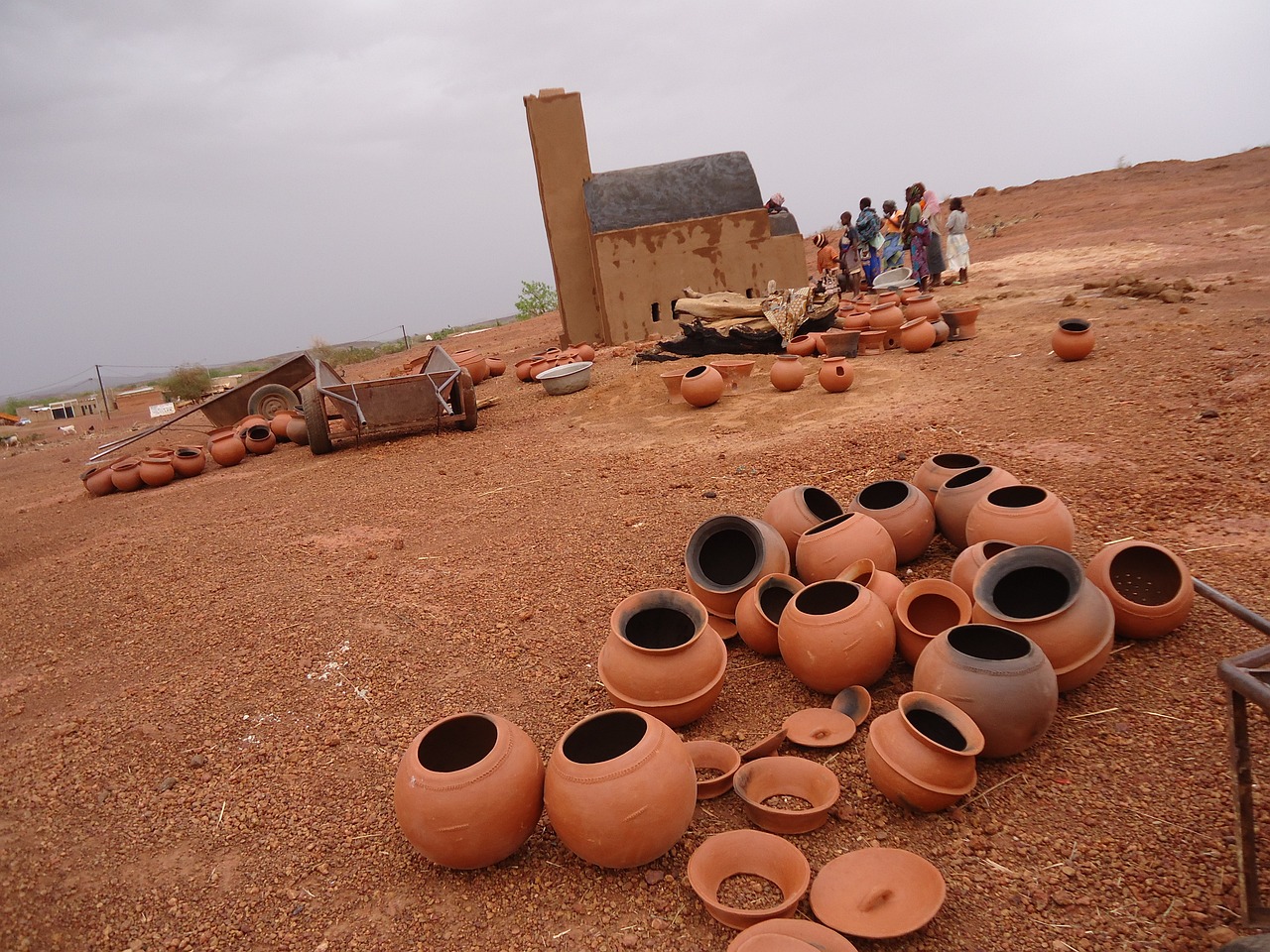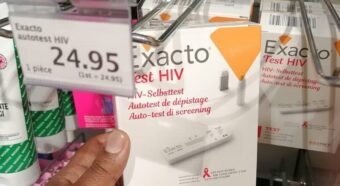Global Fund Secretariat Decisions on Burkina Faso – The Office of the Inspector General Weighs In
- June 8, 2023
- Africa / OIG / The Global Fund
- By Armelle Nyobe
- Read in French

Summary: The Global Fund’s Office of the Inspector General found that Burkina Faso was declared a Challenging Operating Environment two years late with non-compliance with the GF Secretariat-issued Operational Policy Note methodology. Since this led to the relevant analysis not being performed, this did not allow the country to be granted timely and appropriate flexibilities.
Burkina Faso is a low-income country in West Africa with a high burden of malaria, with 12,231,886 new cases in 2021, and 4,355 related deaths. In 2002, the Global Fund (GF) started investing in Burkina Faso. In 2022, the country was in the news for two coups that changed its political leadership. The coups were related to the violent conflicts between the government forces and the non-State armed groups since 2015. Subsequently, 41 per cent of Burkina Faso’s health facilities in eight of the country’s 13 regions faced security challenges as they were closed, ransacked or could function only minimally. In March 2022, Burkina Faso was declared to be a Challenging Operating Environment (COE). The COE classification – based on External Risk Index (ERI) – is necessary for a country to take advantage of the COE policy’s flexibility, partnership and innovation to deliver services (Box 1).
|
Box 1: The Challenging Operating Environment Policy* COEs are countries or regions characterized by weak governance, poor access to health services and experience man-made or natural crises. April 2016: The GF Board approved the Policy on Challenging Operating Environments (COEs) to guide operations in the affected countries. The policy relies on three principles of flexibility, partnerships, and innovation to adapt and work efficiently in such contexts: Flexibilities: to allow greater responsiveness and timeliness for GF investments. Partnerships: to strengthen in-country governance, enhance technical assistance and service delivery. Innovations: to maximize results throughout the Grant Cycle. January 2017: the GF Secretariat issued an Operational Policy Note (OPN) to provide “operational guidance on the COE Policy, including flexibilities for Country Teams to manage COE portfolios in an agile and timely manner within the principles defined in the approved COE policy”. December 2022 : The Technical Evaluation Reference Group (TERG) evaluation of the COE policy found that “there was considerable scope to enhance the policy’s implementation to further strengthen program outcomes in COE portfolio countries.” *[ACB released a Policy Corner on the COE Policy] |
OIG Audit of Global Fund’s Grants to Burkina Faso
GF Secretariat’s Delayed Declaration of Burkina Faso as a COE
The second coup in 2022 and rising insecurity in Burkina Faso compelled the GF’s Office of the Inspector General (OIG) to change its plan of travelling there for the audit of the GF grants. Instead, the OIG conducted a desktop evaluation to assess the process of declaring Burkina Faso a COE in March 2022, and how this affected the management of its portfolio.
The OIG report explained that ten indices are used to determine the risk level as per the ERI or “the effect of uncertainty on achieving an organization’s objectives”. The GF Secretariat only used nine, which did not include “an indicator that measures the likelihood of a government being destabilized or overthrown”, namely, “Political Stability and Lack of Violence”. Given that Burkina Faso’s ERI was adjusted from “High” to “Very High” between 2020 and 2021 based on the level of insecurity, it should have been classified as COE in 2020 and not two years later.
According to the OIG report, the GF Secretariat failed to comply with the OPN in declaring Burkina Faso a COE country and “the COE classification was communicated to the country in November 2022, together with the flexibilities granted”. The OIG stated that no reason was given for this delay as “little to no evidence was provided of what influenced the decision-making and/or the trade-offs in the decisions taken to implement COE, meaning that the process is highly dependent on undocumented management judgment”.
The delay in declaring the country COE was compounded by the delay in developing an Integrated Contingency Plan (ICP), which is “a comprehensive emergency response proposition into one functional plan to help implementing organizations address difficult country contexts”. The ICP depends partly on the Ministry of Health. In addition, the Country Portfolio Review, which combines programmatic, financial and risk considerations to strengthen progress toward achieving impact, was performed without the portfolio analysis as required by the Guidance on Portfolio Analysis and Operational Strategy (PAOS) in COE portfolios. The OIG explained in careful language that “timely preparation and execution of contingency planning, as provided for in the COE OPN, could have increased opportunities for timely benefit from COE flexibilities, innovative approaches, and new partnerships.”
Additional Safeguards Policy for Burkina Faso
In December 2022, Burkina Faso was placed under Additional Safeguards Policy (ASP). This policy, approved in 2004, is invoked when it is deemed that the Global Fund “monies could be placed in jeopardy without the use of additional measures”. In particular, the ASP allows the GF Secretariat to choose implementers and other contractors without the approval of the Country Coordination Mechanism (CCM) or other implementers. Most countries classified as ASP have documented cases of fraud, corruption, etc., (Here is a Summary of Key Differences between COE & ASP ).
Observers cannot help but ponder the chronology of events: Burkina Faso qualified to be a COE which would have provided more flexibilities from 2020 but this decision was delayed for two years for unexplained reasons. Almost at the time when the GF Secretariat notified the country of flexibilities in December 2022, the GF Secretariat also invoked the ASP, which allowed its management the right to make decisions for the country overriding the national authorities. Yet, Burkina Faso did not have any financial mismanagement issues. In contrast, another country in the news was swiftly and appropriately declared COE with the beginning of the war in early 2022; and that country has not been declared ASP.
The decision-making of the GF Secretariat management on the Burkina Faso portfolio therefore leaves many questions unanswered.
Armelle Nyobe


